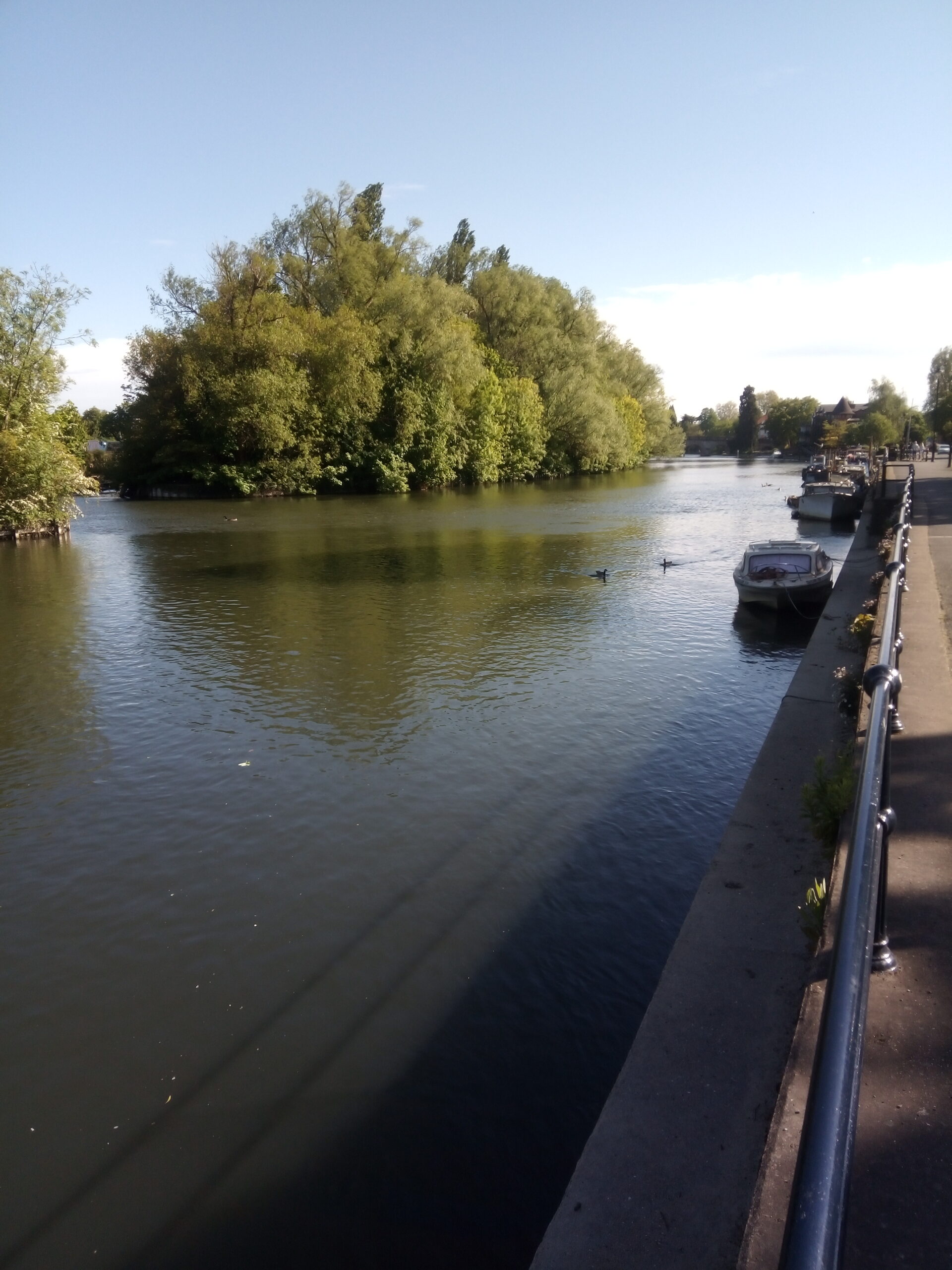How are you feeling about your work … and life? Are you feeling resilient or fragile?
44% of us say that work stress has increased because of the pandemic and 46% suffer from severe time pressure or work overload, according to the European Agency for Safety and Health at Work.
This is reflected in the increasing number of days lost due to ill-health from work-related stress and anxiety, reported by HSE.
To prevent that stress having a detrimental effect on our health, resilience is key. I define resilience as the ability to get through adversity and come out stronger. Let’s look at this and what you could do to build your resilience.
When adversity hits, you have a choice: to adopt the position of a Victim and give in, or that of a Response-able individual with the resourcefulness to come through the adversity. As Viktor Frankl said in Man’s Search for Meaning, “Everything can be taken from a man but one thing: the last of the human freedoms—to choose one’s attitude in any given set of circumstances, to choose one’s own way.”
We can’t control our environment, but we can choose how we respond, and this determines our resilience.
A resilience visualisation

How high is your river (resilience) level?
This concept from Dr Chris Johnstone particularly resonated with me. I hope you’ll find it useful too.
Visualise a river flowing within its banks. On the riverbed are rocks, debris, plants, and other obstacles – perhaps the odd bicycle or supermarket trolley! When the river is full of water, it’s easy to navigate, as the obstacles don’t pose a threat. But, when the river level is low, those obstacles make navigation difficult and effortful.
Your resilience is the level of water in the river.
You firstly need to understand what drains the river level, and secondly what will help you replenish the water. The obstacles are things that will always make your life difficult and could derail you if the river level is low.
First, what drains your river level?
At work, your resilience could be depleted by factors like:
- pressure of work
- lack of managerial support
- unclear goals
- poor communication
- lack of co-operation from colleagues
- lack of control over work pace or processes
- even bullying or harassment.
Outside work, your resilience level could be drained by:
- money worries
- the demands of the family
- too much on/ poor boundaries
- too little support
- abuse
- poor habits of sleeping, eating & drinking
- lack of exercise and fresh air
- lack of purpose or belonging.
You need to identify what factors are present in your life and if you don’t know, Dr Paul Ekman advises keeping a journal for a month to provide the data you need. Once you know what drains you, you can address how you respond to those factors and rebuild your resilience.
Second, what replenishes the river?
As resilience is key, you need to identify the resources available to you. Start with all four types of energy – Physical, Emotional, Mental and Spiritual.
Physical – adequate sleep and rest are critical, plenty of exercise, healthy eating and drinking habits – these all need to replenish you not the opposite!
Emotional – are you able to manage your emotions so you can choose how you respond to situations, rather than react out of control? Practices such as mindfulness and meditation help by training your mind to extend the gap between spotting the emotion and acting. A good start is, as soon as you notice an emotional reaction in your body, pause … take a few deep breaths, focussing all your attention on the breath to regain control. You can download some mindfulness exercises from the resources page
Mental – what is your mindset? Resilient people have a positive, growth mindset, which sets them up to learn from experiences and seek out opportunities. They can put adversity in perspective, recognise the lessons they are learning and develop strategies to deal with future events, while developing their skills and confidence.
Spiritual – do you have a sense of purpose? Having a North Star, keeps you focused and able to navigate those obstacles. Your values help frame clear boundaries, which protect you from stressors, for example, you know when to say ‘No’.
Also consider resources outside of yourself, such as your family, friends, network, information and learning you know you can rely on. Resilient people have the courage to ask for help, knowing it is a sign of strength not weakness.
The more you know what replenishes, the more you can build these elements into your life and work on keeping your river full.
Resilience is key
Confucius said, “Our greatest glory is not in never failing, but in rising up every time we fall.”
My research shows that prevention is better than cure for most things, and for resilience it is key. By preparing to keep your river level full, you will be able to rise up every time.
If you want to discuss this topic of help with your resilience, contact Amanda.

